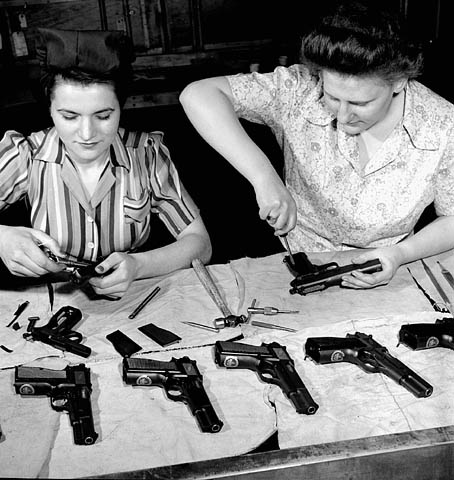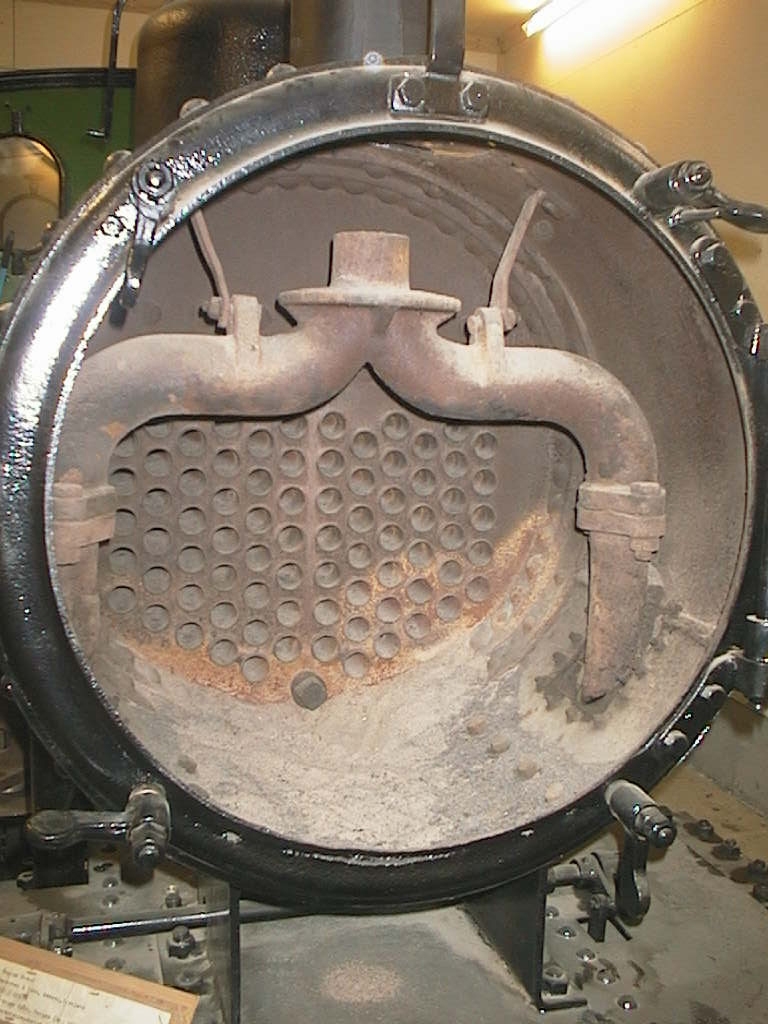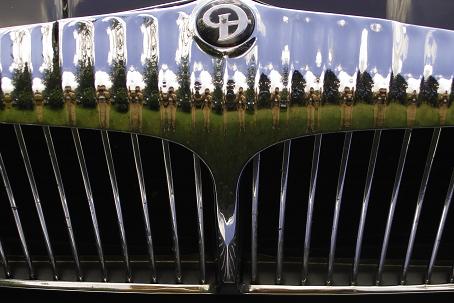|
Improvised Fighting Vehicle
An improvised fighting vehicle is an ''ad hoc'' combat vehicle resulting from modified or upgraded civilian or military non-combat vehicle, often constructed and employed by civilian insurgents, terrorists, rebels, guerrillas, partisans, criminal organizations or other forms of non-state militias and irregular armies. Such modifications usually consist of grafting improvised armour plating and fixed weapons onto a utility vehicle or pickup truck. Various militias and official militaries have improvised such vehicles ever since the introduction of the first automobiles into military service. During the early days, the absence of a doctrine for the military use of automobiles or of an industry dedicated to producing them led to a great deal of improvisation in the creation of early armored cars and similar vehicles. Later, despite the advent of arms industries in many countries, several armies still resorted to using ad hoc contraptions, often in response to unexpected mi ... [...More Info...] [...Related Items...] OR: [Wikipedia] [Google] [Baidu] |
Free Syrian Army Technical In The Eastern Qalamoun Mountains (cropped)
Free may refer to: Concept * Freedom, having the ability to do something, without having to obey anyone/anything * Freethought, a position that beliefs should be formed only on the basis of logic, reason, and empiricism * Emancipate, to procure political rights, as for a disenfranchised group * Free will, control exercised by rational agents over their actions and decisions * Free of charge, also known as gratis. See Gratis vs libre. Computing * Free (programming), a function that releases dynamically allocated memory for reuse * Free format, a file format which can be used without restrictions * Free software, software usable and distributable with few restrictions and no payment * Freeware, a broader class of software available at no cost Mathematics * Free object ** Free abelian group ** Free algebra ** Free group ** Free module ** Free semigroup * Free variable People * Free (surname) * Free (rapper) (born 1968), or Free Marie, American rapper and media pers ... [...More Info...] [...Related Items...] OR: [Wikipedia] [Google] [Baidu] |
Arms Industry
The arms industry, also known as the arms trade, is a global industry which manufactures and sells weapons and military technology. It consists of a commercial industry involved in the research and development, engineering, production, and servicing of military material, equipment, and facilities. Arms-producing companies, also referred to as arms dealers, or as the military industry, produce arms for the armed forces of states and for civilians. Departments of government also operate in the arms industry, buying and selling weapons, munitions and other military items. An arsenal is a place where arms and ammunition - whether privately or publicly owned - are made, maintained and repaired, stored, or issued, in any combination. Products of the arms industry include guns, artillery, ammunition, missiles, military aircraft, military vehicles, ships, electronic systems, military communications, night-vision devices, holographic weapon sights, laser rangefinders, laser sights, ... [...More Info...] [...Related Items...] OR: [Wikipedia] [Google] [Baidu] |
Special Air Service In North Africa E 21337
Special or specials may refer to: Policing * Specials, Ulster Special Constabulary, the Northern Ireland police force * Specials, Special Constable, an auxiliary, volunteer, or temporary; police worker or police officer Literature * ''Specials'' (novel), a novel by Scott Westerfeld * ''Specials'', the comic book heroes, see ''Rising Stars'' (comic) Film and television * Special (lighting), a stage light that is used for a single, specific purpose * ''Special'' (film), a 2006 scifi dramedy * ''The Specials'' (2000 film), a comedy film about a group of superheroes * ''The Specials'' (2019 film), a film by Olivier Nakache and Éric Toledano * Television special, television programming that temporarily replaces scheduled programming * ''Special'' (TV series), a 2019 Netflix Original TV series * ''Specials'' (TV series), a 1991 TV series about British Special Constables * ''The Specials'' (TV series), an internet documentary series about 5 friends with learning disabilities ... [...More Info...] [...Related Items...] OR: [Wikipedia] [Google] [Baidu] |
Great Southern Railways
The Great Southern Railways Company (often Great Southern Railways, or GSR) was an Irish company that from 1925 until 1945 owned and operated all railways that lay wholly within the Irish Free State (the present-day Republic of Ireland). The period was difficult with rising operating costs and static to failing income. The early part of the period was soon after infrastructure losses of the Irish Civil War. The Emergency or Second World War at the end of the period saw shortages of coal and raw materials with increased freight traffic and restricted passenger traffic. History Context Civil unrest in Ireland had led to the assumption of governmental control of all railways operating in Island of Ireland on 22 December 1916 through the Irish Railways Executive Committee, later succeeded by the Ministry of Transport. Control was returned to the management of the companies on 15 August 1921. The Anglo-Irish Treaty of December 1921 establishing the Irish Free State and subsequ ... [...More Info...] [...Related Items...] OR: [Wikipedia] [Google] [Baidu] |
Steam Locomotive
A steam locomotive is a locomotive that provides the force to move itself and other vehicles by means of the expansion of steam. It is fuelled by burning combustible material (usually coal, oil or, rarely, wood) to heat water in the locomotive's boiler to the point where it becomes gaseous and its volume increases 1,700 times. Functionally, it is a steam engine on wheels. In most locomotives, the steam is admitted alternately to each end of its cylinders, in which pistons are mechanically connected to the locomotive's main wheels. Fuel and water supplies are usually carried with the locomotive, either on the locomotive itself or in a tender coupled to it. Variations in this general design include electrically-powered boilers, turbines in place of pistons, and using steam generated externally. Steam locomotives were first developed in the United Kingdom during the early 19th century and used for railway transport until the middle of the 20th century. Richard Trevithick ... [...More Info...] [...Related Items...] OR: [Wikipedia] [Google] [Baidu] |
Smokebox
A smokebox is one of the major basic parts of a steam locomotive exhaust system. Smoke and hot gases pass from the firebox through tubes where they pass heat to the surrounding water in the boiler. The smoke then enters the smokebox, and is exhausted to the atmosphere through the chimney (or funnel). Early locomotives had no smokebox and relied on a long chimney to provide natural draught for the fire but smokeboxes were soon included in the design for two specific reasons. Firstly and most importantly, the blast of exhaust steam from the cylinders, when directed upwards through an airtight smokebox with an appropriate design of exhaust nozzle, effectively draws hot gases through the boiler tubes and flues and, consequently, fresh combustion air into the firebox. Secondly, the smokebox provides a convenient collection point for ash and cinders ("char") drawn through the boiler tubes, which can be easily cleaned out at the end of a working day. Without a smokebox, all char must ... [...More Info...] [...Related Items...] OR: [Wikipedia] [Google] [Baidu] |
Guinness
Guinness () is an Irish dry stout that originated in the brewery of Arthur Guinness at St. James's Gate, Dublin, Ireland, in 1759. It is one of the most successful alcohol brands worldwide, brewed in almost 50 countries, and available in over 120. Sales in 2011 amounted to . In spite of declining consumption since 2001, it is the best-selling alcoholic drink in Ireland where Guinness & Co. Brewery makes almost €2 billion worth of beer annually. The Guinness Storehouse is a tourist attraction at St. James's Gate Brewery in Dublin, Ireland. Since opening in 2000, it has received over 20 million visitors. Guinness's flavour derives from malted barley and roasted unmalted barley, a relatively modern development, not becoming part of the grist until the mid-20th century. For many years, a portion of aged brew was blended with freshly brewed beer to give a sharp lactic acid flavour. Although Guinness's palate still features a characteristic "tang", the company has refused to ... [...More Info...] [...Related Items...] OR: [Wikipedia] [Google] [Baidu] |
Daimler Company
The Daimler Company Limited ( ), prior to 1910 The Daimler Motor Company Limited, was an independent British motor vehicle manufacturer founded in London by H. J. Lawson in 1896, which set up its manufacturing base in Coventry. The company bought the right to the use of the Daimler name simultaneously from Gottlieb Daimler and Daimler-Motoren-Gesellschaft of Cannstatt, Germany. After early financial difficulty and a reorganisation of the company in 1904, the Daimler Motor Company was purchased by Birmingham Small Arms Company (BSA) in 1910, which also made cars under its own name before the Second World War. In 1933, BSA bought the Lanchester Motor Company and made it a subsidiary of Daimler Company. Daimler was awarded a Royal Warrant to provide cars to the British monarch in 1902; it lost this privilege in the 1950s after being supplanted by Rolls-Royce. Daimler occasionally used alternative technology: the Knight engine which it further developed in the early twenti ... [...More Info...] [...Related Items...] OR: [Wikipedia] [Google] [Baidu] |
Easter Rising
The Easter Rising ( ga, Éirí Amach na Cásca), also known as the Easter Rebellion, was an armed insurrection in Ireland during Easter Week in April 1916. The Rising was launched by Irish republicans against British rule in Ireland with the aim of establishing an independent Irish Republic while the United Kingdom was fighting the First World War. It was the most significant uprising in Ireland since the rebellion of 1798 and the first armed conflict of the Irish revolutionary period. Sixteen of the Rising's leaders were executed from May 1916. The nature of the executions, and subsequent political developments, ultimately contributed to an increase in popular support for Irish independence. Organised by a seven-man Military Council of the Irish Republican Brotherhood, the Rising began on Easter Monday, 24 April 1916 and lasted for six days. Members of the Irish Volunteers, led by schoolmaster and Irish language activist Patrick Pearse, joined by the smaller Irish Citizen Arm ... [...More Info...] [...Related Items...] OR: [Wikipedia] [Google] [Baidu] |
British Army
The British Army is the principal land warfare force of the United Kingdom, a part of the British Armed Forces along with the Royal Navy and the Royal Air Force. , the British Army comprises 79,380 regular full-time personnel, 4,090 Gurkhas, and 28,330 volunteer reserve personnel. The modern British Army traces back to 1707, with antecedents in the English Army and Scots Army that were created during the Restoration in 1660. The term ''British Army'' was adopted in 1707 after the Acts of Union between England and Scotland. Members of the British Army swear allegiance to the monarch as their commander-in-chief, but the Bill of Rights of 1689 and Claim of Right Act 1689 require parliamentary consent for the Crown to maintain a peacetime standing army. Therefore, Parliament approves the army by passing an Armed Forces Act at least once every five years. The army is administered by the Ministry of Defence and commanded by the Chief of the General Staff. The Brit ... [...More Info...] [...Related Items...] OR: [Wikipedia] [Google] [Baidu] |
Toyota War
The Toyota War (, ) or Great Toyota War was the last phase of the Chadian–Libyan conflict, which took place in 1987 in Northern Chad and on the Libyan–Chadian border. It takes its name from the Toyota pickup trucks used, primarily the Toyota Hilux and the Toyota Land Cruiser, to provide mobility for the Chadian troops as they fought against the Libyans, and as technicals. The 1987 war resulted in a heavy defeat for Libya, which, according to American sources, lost one tenth of its army, with 7,500 men killed and US$1.5 billion worth of military equipment destroyed or captured. Chadian forces only suffered 1,000 deaths. The war began with the Libyan occupation of northern Chad in 1983, when Libya's leader Muammar Gaddafi, refusing to recognise the legitimacy of the Chadian President Hissène Habré, militarily supported the attempt by the opposition Transitional Government of National Unity (GUNT) to overthrow Habré. The plan was foiled by the intervention of France which, f ... [...More Info...] [...Related Items...] OR: [Wikipedia] [Google] [Baidu] |
.jpg)







